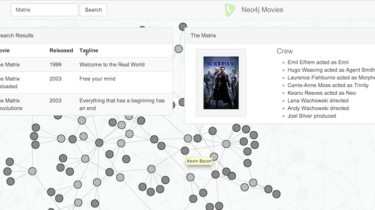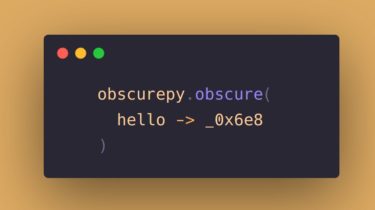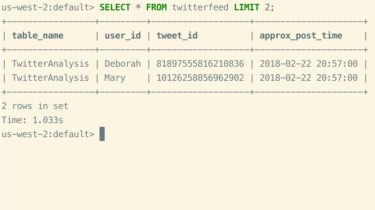A Python package for plasma science that is under development
PlasmaPy PlasmaPy is an open source, community-developed Python 3.7+ package for plasma science. PlasmaPy intends to be for plasma science what Astropy is for astronomy — a collection of functionality commonly used and shared between plasma scientists and researchers globally, running within and leveraging the open source scientific Python ecosystem. The goals of this project are more thoroughly described in this recent video. Current functionality is described in PlasmaPy’s online documentation. Installation If you have installed Python, you can install […]
Read more








